Imagine waking up to find that the U.S. economy has hit an unexpected halt. Seems unlikely, right? Well, there are numerous scenarios that could trigger such a crisis, leaving people scrambling to make sense of it all. We rely heavily on economic stability, but sometimes, the systems we trust can be more fragile than they seem. Take a deep breath, grab a coffee, and let’s explore some scenarios that could put the brakes on the economy overnight.
1. A Mega Hack On Financial Institutions
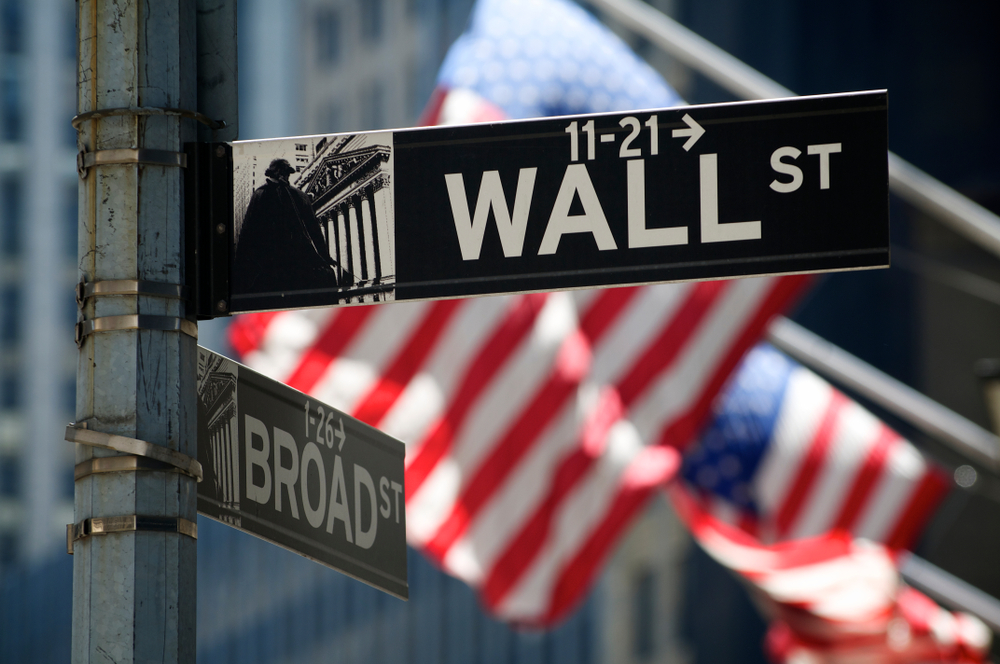
Cybersecurity is a big deal, but what if hackers orchestrated a massive attack on major financial institutions? Picture all the big names you know—banks and credit card companies—brought to their knees by a single coordinated effort. This isn’t just a tech issue; it would disrupt the entire financial ecosystem, making it nearly impossible for people to access their money. According to cybersecurity expert Bruce Schneier, we’re just not as prepared as we should be for such a digital catastrophe. The chaos would ripple across all sectors, impacting everything from grocery shopping to paying your rent.
The implications go beyond just a temporary inconvenience. A breach like this could erode trust in the financial system, causing a panic that could freeze the economy. People might rush to withdraw their savings, fearing that their digital assets aren’t safe. In a worst-case scenario, this can lead to a bank run, where institutions run out of liquid cash. Think of it as the 21st-century version of stuffing cash under your mattress, but on a national scale. It’s a reminder of how intertwined our lives are with technology—and how vulnerable we become when it fails us.
2. A Sudden Policy Shift

Imagine if, overnight, the government decided to make some sweeping policy changes that caught everyone off guard. Maybe it’s a drastic change in tax laws or an unexpected regulatory overhaul. Policies like these could create immediate uncertainty, making businesses pause their operations to figure out compliance. People hate uncertainty, and when it comes to money, it causes a ripple effect of hesitancy and fear. In this climate, businesses might hold back on investments or hiring, which could lead to a downturn.
The resulting uncertainty can stifle consumer confidence, leading people to cut back on spending. This, in turn, impacts demand for goods and services, triggering a slowdown across multiple sectors. Companies may react by laying off workers or reducing hours, further worsening the economic situation. Moreover, the stock market could react negatively, with investors selling off shares in panic, leading to a drop in market value. When businesses and consumers both tighten their belts, it creates a feedback loop that can be hard to break out of.
3. Natural Disasters On A Grand Scale
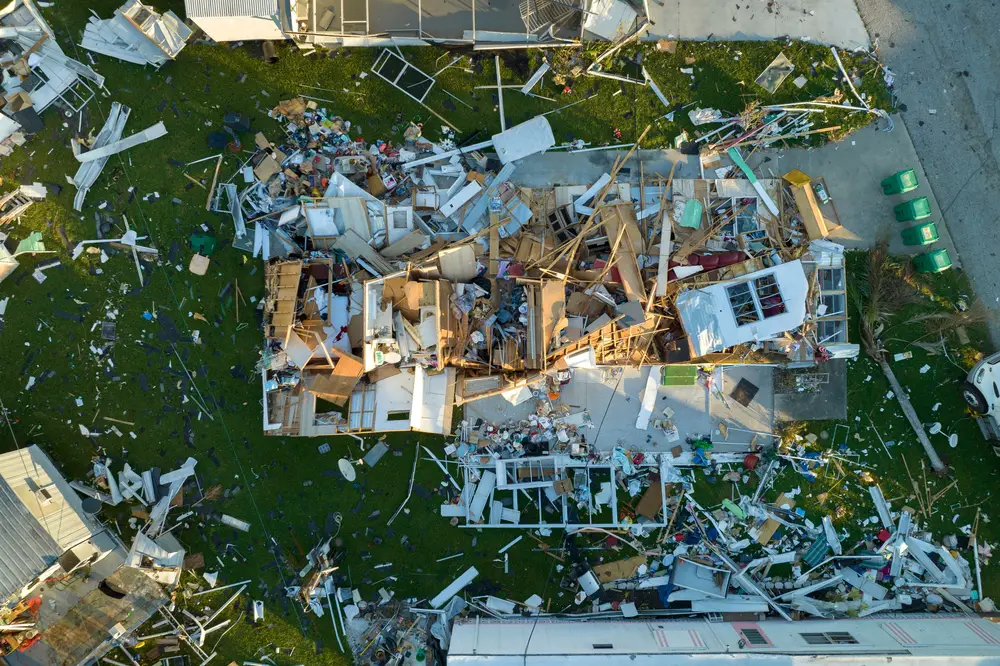
Natural disasters are part of life, but a catastrophic event hitting a major economic hub could have unprecedented effects. Think about a massive earthquake in California or a hurricane that devastates the East Coast. According to a study by the National Center for Disaster Preparedness, the economic damage from such events can reach into the hundreds of billions. This isn’t just about immediate loss; it’s about the long-term disruption of supply chains and markets. The economy relies on stability, and when that’s shaken, recovery is a steep hill to climb.
Beyond the immediate physical damage, such events can create lasting economic aftershocks. Displaced populations may struggle to find work, and businesses may be forced to relocate or close entirely. The insurance industry would face enormous payouts, affecting their liquidity and possibly increasing premiums for everyone else. The federal government would likely step in with aid, stretching its financial resources even thinner. All of this adds up to a prolonged period of economic instability that could take years to fully recover from.
4. A Severe Pandemic Resurgence

While we’re all hoping for a return to normalcy, the possibility of a pandemic resurgence always looms. If a new, highly contagious strain were to emerge, it could force the world back into lockdowns and social distancing. Businesses that were just getting back on their feet might not survive a second round of closures. People would once again be trapped in a cycle of uncertainty, affecting everything from travel plans to day-to-day living. This kind of disruption can have both immediate and long-lasting economic consequences.
Supply chains would once again be thrown into chaos, with shortages becoming the norm rather than the exception. The workforce could be severely impacted, with people unable or unwilling to work in close quarters. Health care systems would be overwhelmed, drawing resources away from other economic activities. In the meantime, consumer spending—a critical component of economic health—could plummet as people focus on essentials. All of this would create a perfect storm for economic stagnation, dragging on until a solution is found.
5. A Major Energy Crisis

Consider the impact if energy supplies were suddenly disrupted. Whether it’s a cyberattack on the grid or a geopolitical conflict cutting off oil supplies, energy is the lifeblood of the economy. Without it, transportation grinds to a halt, manufacturing ceases, and even basic services become difficult to maintain. According to energy analyst Daniel Yergin, the economy is more vulnerable to energy disruptions than people realize. Such a crisis could lead to skyrocketing fuel prices and widespread shortages, affecting every sector from food production to technology.
The ripple effects of an energy crisis could be felt in unexpected places. People might change their consumption habits drastically, shifting from cars to public transport or cutting back on non-essential travel. Businesses could face increased costs for shipping and production, leading to higher prices for consumers. In the long term, it could accelerate the transition to renewable energy, but not without significant short-term pain. Job losses could occur in sectors reliant on fossil fuels, while new opportunities might not catch up quickly enough to offset the downturn.
6. A Significant Trade Dispute
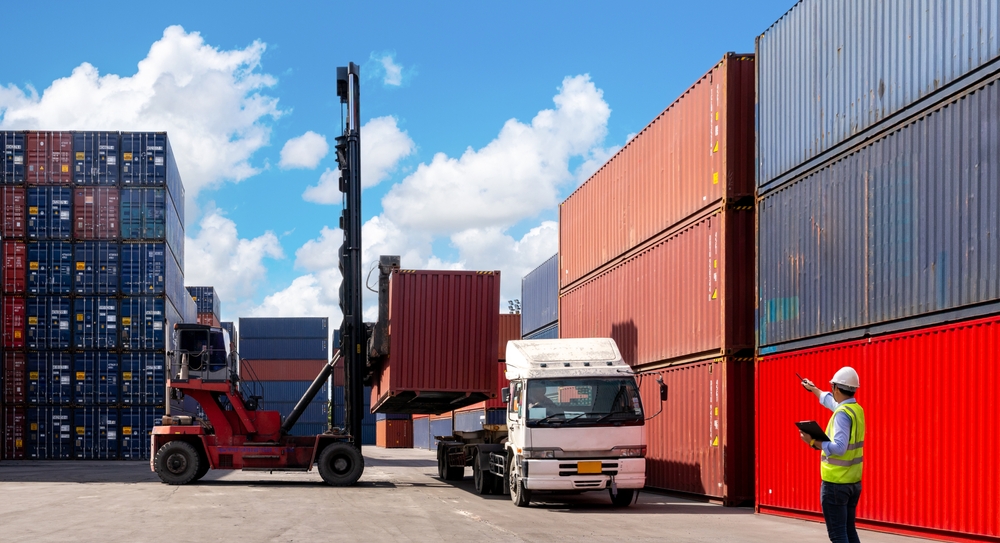
Trade disputes are nothing new, but an escalation of tensions between major global economies could spell disaster. Imagine if tariffs were suddenly imposed across a wide range of goods and services. Overnight, costs could skyrocket, putting a strain on businesses and consumers alike. The immediate impact would be felt in the form of higher prices and slowed economic growth. But the long-term implications could be even more severe, disrupting global supply chains and forcing companies to rethink their strategies.
When it comes to trade, what happens abroad has direct consequences at home. A trade war could lead to a tit-for-tat escalation, making it difficult for companies to plan for the future. Supply chains could be reconfigured, but not without significant cost and time. Employment in affected industries could decline as businesses struggle to remain competitive. Meanwhile, consumer choice might be limited, with some products disappearing from shelves altogether. All these factors contribute to an economic slowdown that’s difficult to reverse.
7. A Major Stock Market Crash
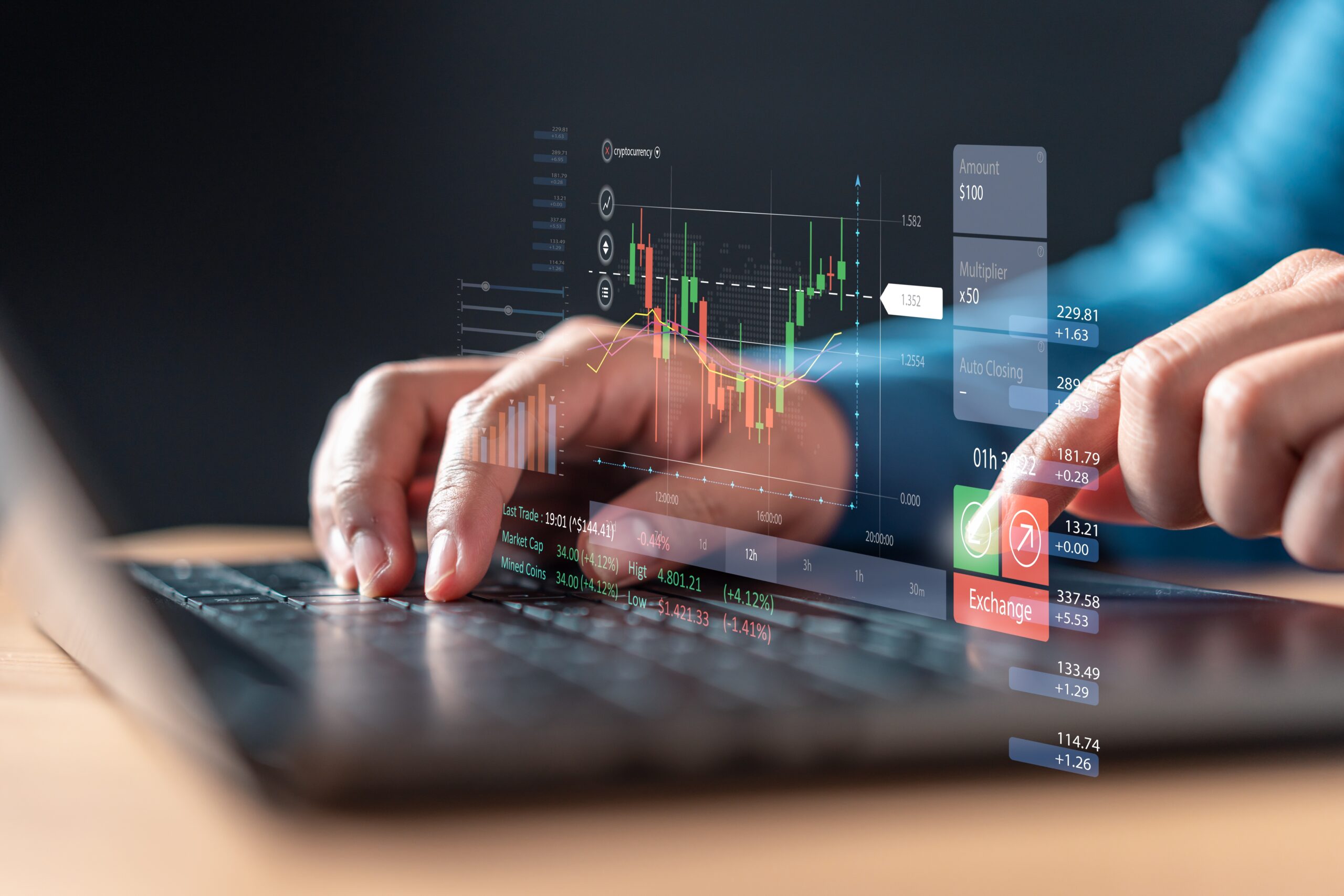
A sudden plunge in the stock market can have more far-reaching implications than just nervous investors. Stock markets are the heartbeat of the economy, influencing everything from corporate investments to consumer confidence. If a major crash were to occur, the domino effect could be devastating. According to financial historian Niall Ferguson, a sudden market collapse can wipe out trillions in wealth, leading to widespread economic uncertainty. People losing their investments could cut back on spending, deepening the economic impact.
Businesses might pause expansion plans, instead focusing on cutting costs to weather the storm. This could lead to layoffs, reduced wages, and a general atmosphere of caution among employers. On a personal level, people might delay major life decisions like buying a home or starting a family. All of this creates a cycle of reduced spending, slowed growth, and increased unemployment. It’s a grim scenario, but one that highlights the interconnectedness of our financial systems and everyday life.
8. A Massive Data Breach
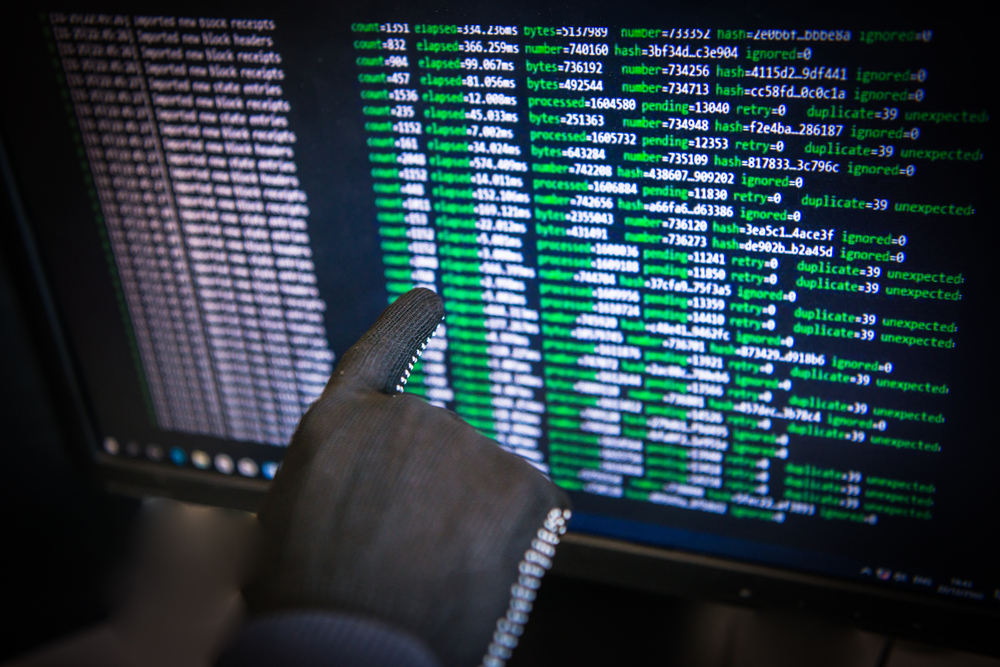
Data breaches are a part of modern life, but a breach on a massive scale could have catastrophic consequences for the economy. Think about the sensitive information held by companies across the country—financial records, personal details, trade secrets—all exposed in one fell swoop. Such an event would shake consumer confidence to its core, making people wary of online transactions and digital banking. Companies might face crippling lawsuits, regulatory scrutiny, and the loss of customer trust. This isn’t just about privacy; it’s a matter of economic stability.
The fallout from a massive breach could lead to significant changes in how businesses operate. They might invest heavily in cybersecurity, diverting funds from other areas like product development or expansion. Smaller companies could struggle to recover, leading to a wave of bankruptcies and consolidations. Consumers might become more cautious, impacting e-commerce and digital services. Over time, the cumulative effect could stifle innovation and slow economic growth, making it harder for the economy to bounce back.
9. An Unforeseen Political Crisis
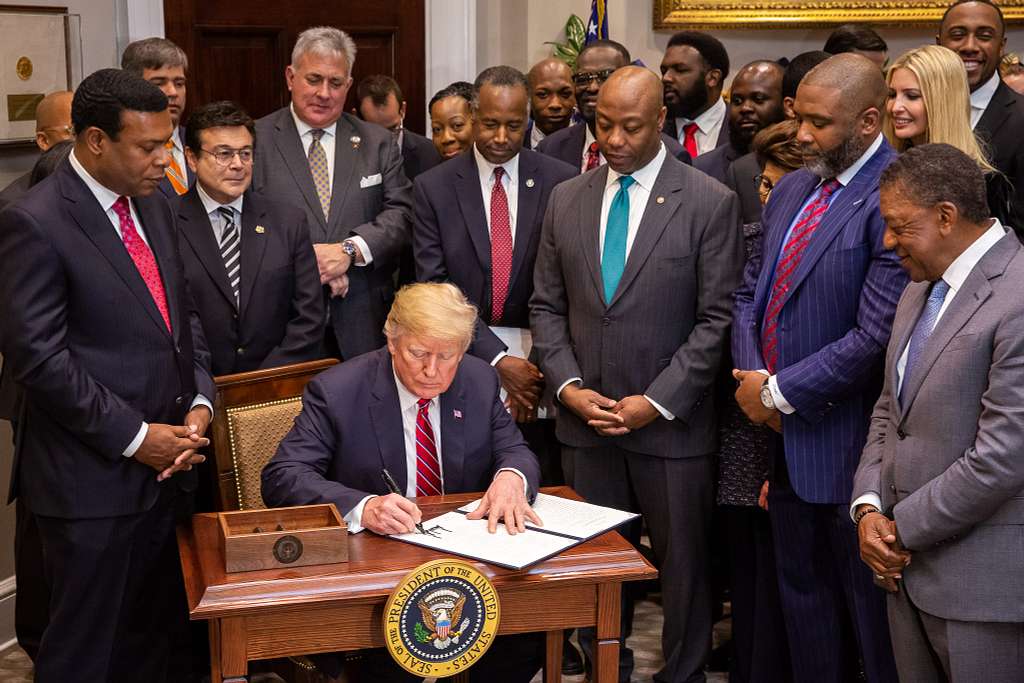
Political crises can come out of nowhere, and their impact on the economy can be profound. Imagine a sudden shift in leadership or a deadlock in policy-making that paralyzes the government. Such events can create uncertainty, leading people and businesses to adopt a wait-and-see approach. Consumer confidence might take a hit, affecting spending and investment. This kind of paralysis can be detrimental, slowing down economic activity at all levels.
In times of political turmoil, markets tend to react with volatility. Investors may pull back, causing stock prices to fluctuate unpredictably. Businesses might delay or cancel new projects, fearing the potential for future regulation changes or economic instability. Internationally, foreign investors could lose confidence, withdrawing their investments and exacerbating the situation. The combination of these factors can lead to a sluggish economy, making it challenging to regain momentum once the crisis subsides.
10. A Major Banking Crisis

Banking crises might seem like relics of the past, but they’re still a very real possibility. If a major bank were to fail, the effects could ripple across the entire financial system. People’s savings could be at risk, leading to panic and a rush to withdraw funds. This kind of scenario can create a domino effect, with other financial institutions struggling to stay afloat. In the worst-case scenario, a banking crisis can lead to a full-scale economic collapse.
The repercussions of a banking crisis extend beyond just the financial sector. Businesses rely on banks for loans and credit, so a tightening of lending could stall business operations and growth. Consumers might find it harder to secure mortgages or personal loans, affecting everything from home buying to everyday expenses. The government might step in with bailouts, but these often come with long-term economic costs. It’s a stark reminder of how integral banks are to the functioning of the economy and the potential fallout if they fail.
11. A Major Geopolitical Conflict
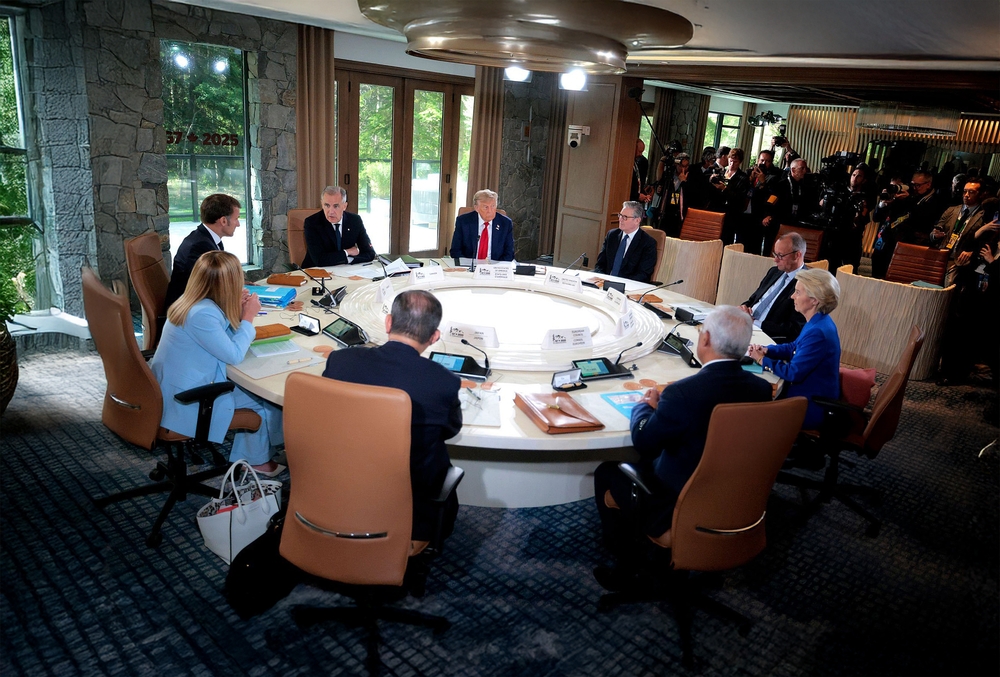
Geopolitical conflicts can escalate quickly, turning into full-blown crises with global repercussions. Imagine a sudden flare-up between major world powers, leading to military actions and economic sanctions. Such scenarios can disrupt global trade, affect energy supplies, and create widespread instability. People and businesses might face shortages and increased costs, leading to fear and uncertainty. This kind of environment is ripe for economic stagnation, as businesses and consumers alike pull back.
The direct impact of a geopolitical conflict is often felt in trade and supply chains. Companies might struggle to source raw materials or face new tariffs that increase production costs. Energy prices could spike, impacting transportation and manufacturing. Consumer confidence might dwindle, leading to decreased spending and a slowdown in economic activity. As global economies are deeply interconnected, the ripple effects could be felt far and wide, making it difficult for any one country to escape unscathed.
12. A Collapse of Public Confidence

Confidence is an intangible asset that holds immense power over the economy. If people suddenly lose faith in the economic system, the consequences can be severe. Imagine a widespread belief that the economy is heading for disaster—people might start hoarding cash, companies might delay investments, and banks might tighten credit. This kind of environment feeds off itself, creating a cycle of fear and contraction. Without confidence, the wheels of the economy can grind to a halt.
A collapse in public confidence would impact all aspects of economic life. People might cut back on spending, choosing to save instead of invest in the future. Businesses could respond by reducing staff or scaling back operations, leading to higher unemployment. Financial markets might become volatile, reflecting the uncertainty and exacerbating the situation. In the absence of strong leadership or intervention, restoring confidence can be an uphill battle, requiring time and concerted effort to rebuild.
13. A Major Technological Failure

Technology drives the modern economy, but what happens if it fails us in a significant way? Imagine a major infrastructure collapse, like the internet going dark or communications networks shutting down. The economy would come to a standstill, with businesses unable to operate and consumers unable to access essential services. This isn’t just a tech problem; it’s an economic nightmare. The longer it takes to resolve, the more severe the economic impact becomes.
The ripple effects of a technological failure would be felt across all sectors. Companies might struggle to maintain operations, leading to lost revenue and potential layoffs. People might find it difficult to access basic services, from banking to healthcare. Supply chains could be disrupted, causing shortages and price increases. As reliance on technology continues to grow, the potential for such disruptions becomes a pressing concern for policymakers and business leaders alike.
This article is for informational purposes only and should not be construed as financial advice. Consult a financial professional before making investment or other financial decisions. The author and publisher make no warranties of any kind.








